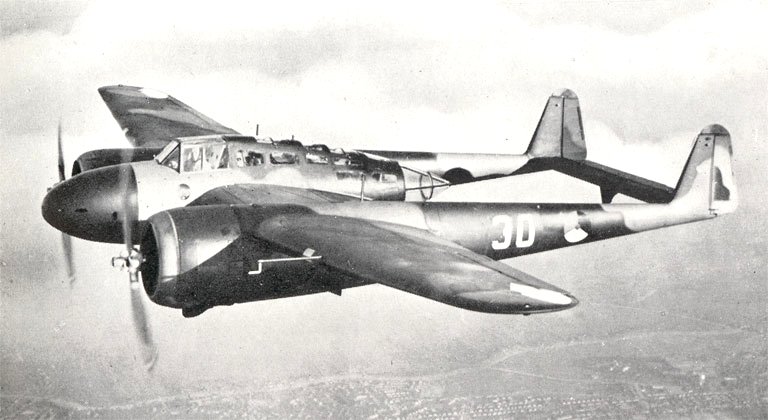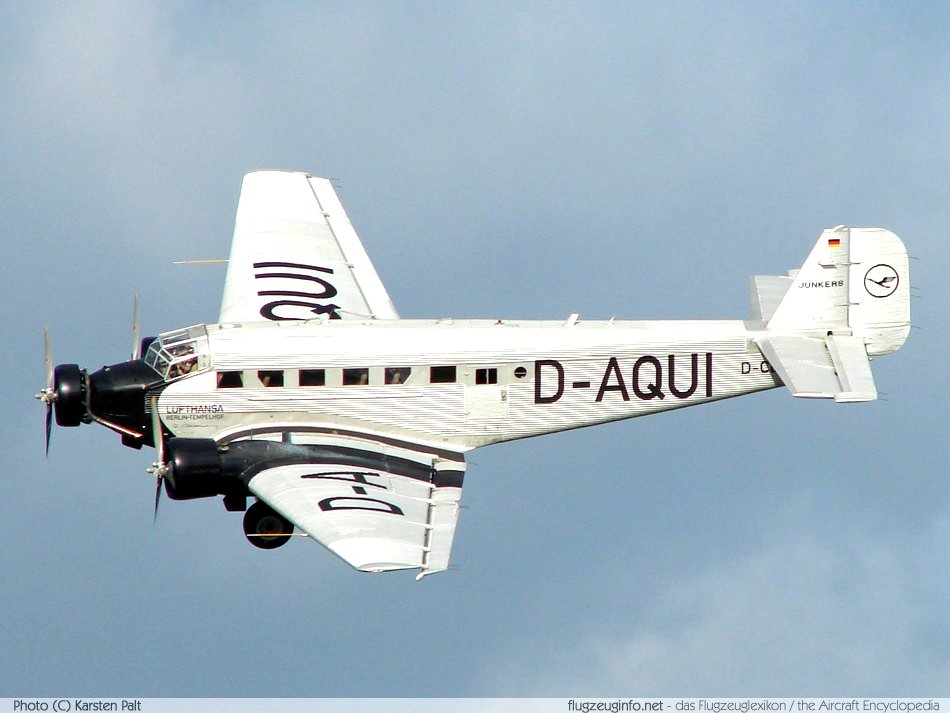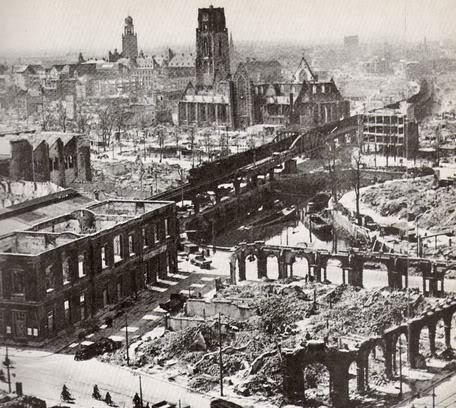

 Wikipedia Sitemap |
|
|  Useful Links 1 Useful Links 2 |
The war brought all the defence work to a sudden stop. I started the truck but then realized that what happened today was what I expected that it would come to pass someday. I drove the truck in the garage, hid the key and reported for cowboy duty.
For many months, the authorities had been working on a plan to evacuate people and animals in case of trouble. Only 1 km behind the most important defence line, we were the first to move.
I was assigned to cattle moving detail. Only a couple of telephones existed in the village, thus you went more or less by instinct and this made us move and report to the leaders of the expedition.
All the younger people came out to help with the cattle drive. It started out from the centre and moved south. The farm gates got thrown open and the cows and calves were herded up the road where they joined the rest.
It started with a few but soon we got hundreds: more cows and more people joined steadily. Our destination was Wijk by Duurstede, on the Rhine, where ships would be waiting to transport the animals further inland. For four days and nights, we walked, hollered and whooped. We did not hear much about the war, but we knew it was still going on because there were airplanes in the sky like mosquitos on a hot, muggy summer night.
One evening, a three-engine Junker cargo plane came over so low, and slow, if I had a gun I would have shot it. It looked like a barn with corrugated sides and wings on top: speed about 100 km per hour. I did not have a gun, wishful thinking.
One afternoon, two double tailed fighter, bomber FOKKER Dutch war planes came flashing over. A hoorah for the airforce, they were still fighting.
Nobody had any doubt about the outcome. The question: how long could we hold out? The Queen and family went to England. Cows were nasty, especially the milking cows with big udders who got no relief and were forced to march on. I think they had a rougher time than us people.
After we finally delivered our herds, we were told our mission was completed, we were free to go to our families who had been evacuated to somewhere in North Holland, thank you all.
Me and other bachelors were in no hurry to leave, so we wandered around the harbor where we saw several soldiers with helmets and a rifle under their arms ready to fire.
What was that? When we came close we saw it. They were guarding a boat load with POW's. Our hope flared. The Dutch army actually captured some Germans. We had to look again: indeed, strange uniforms, short boots and very unhappy faces. But wait, there were a few with Dutch uniforms. I try to find out why, but nobody knew for sure: they were spies, or traitors but certainly enemies.
We moved on, still happy to see that our country resisted Hitler's demands. However, our happiness did not last. We aimlessly walked all over the city wondering where they had caught those POW's, and wondering where all our soldiers were. Yesterday, soldiers were everywhere, now there were none. Maybe we should move on.
Then it happened: we had come to the centre of town where the city hall was located. We heard motorcycles behind us, looked around, and there came three motor bikes with side cars. Three men jumped off with rifles ready, crouched along the houses up to the city hall. All our hopes of the last few days shattered. Here we are north of the Rhine and there were Germans. They must have broken through, I realized it must be over.
Later on, we learned it was not because of a lack of Dutch courage against a much superior foe, but Hitler had thought he could walk over the Netherlands like he did in Denmark. However, the resistance was so intense, and his progress so slow, that after three days, he ordered the open city of Rotterdam to be bombed. Totally against the rules of war: to bomb civilians. But Hitler got results. The Dutch surrendered after four days.
Related resources:



World War Two: The German Invasion of Belgium, The Netherlands, and Luxembourg (May, 1940). German Invasion of the Low Countries of Belgium, the Netherlands, and Luxembourg (May 10, 1940 - May 27, 1940) - Germany invaded Belgium, the Netherlands, and Luxembourg, known collectively as the Low Countries. on May 10, 1940 . . . Faced with overwhelming forces, the Belgians, Dutch, and Luxembourgers quickly fell to the invading German army. Luxembourg fell first, with the Netherlands surrendering on May 14 after the devastating German bombing of Rotterdam. Belgium lasted the longest, finally surrendering to the Germans on May 27. Belgian and Dutch forces who managed to escape to England would fight on, as would resistance movements which sprung up in German-occupied lands."